Ever since it came together decades ago, The Flood has always sought a rich diversity in its repertoire. So late last year when Danny Cox asked, “Has the band ever done the song ‘Sunny’?” he heard an invitation in the enthusiasm of the answer: “No!”
Danny worked out the chords, Jack took up the rhythm, we turned the vocals over to Randy, and suddenly the song was in the works.
In fact, now it’s even picking up fans among the visitors. On this particular track, for instance, Floodster Emeritus Paul Martin happened to be in the room and happily took a ride on one of the choruses.
Here, then, is the progress report on Project Sunny.
About the Song
The song that soul singer Bobby Hebb wrote one cold November night in 1963 not only sustained his career for a lifetime, but has become one of the world’s most beloved jazzy anthems to optimism and joy.
Out of Grief
But in truth, “Sunny” was written in response to tragedy. To two of them, actually.
The first was a national tragedy: President John F. Kennedy’s assassination on Nov. 22, 1963. The second was a deeply personal tragedy. The night after JFK’s death, Bobby’s older brother was murdered in a knife fight outside a Nashville nightclub.
How then, after such grief, did Hebb write a song about bright days and sunshine?
“It was dark when I started working on the song,” Hebb told an interviewer years later, “and the sun was rising, and it was a different color. The sky was like purple.”
That flash of morning light inspired him. “The president had been assassinated and the very next day my brother got killed,” he said. “Everybody was feeling rather negative at that time, and I think we all needed a lift.”
Easy
The song came quickly and easily. “The lyric and the melody came to me at the same time,” Hebb said. “The lyric spoke for itself; it produced the melody. It was just right there, under my fingers. All I had to do was just play it.
“I was at the right place at the right time,” he said, “in the right frame of mind. I was ready to receive what was being offered.
“’Sunny’ is your disposition,” he said. “Instead of confusing and building chaos, let’s make this day a nice day for everyone. Spread that type of news, so you can become a little more relaxed and not filled with chaos, because chaos can become a killer.”
Pre- and Post-”Sunny”
Hebb already was an accomplished guitarist by the time he wrote “Sunny.” Born to blind musician parents in Nashville, Bobby as a child was performing on local television, and in 1950 as a teenager he was invited by Roy Acuff to play on the Grand Ole Opry.
As part of a song-and-dance team with his older brother, Bobby sang backup for Bo Diddley, and later he was part of the jazz scene in New York City.
But there’s success and then there’s post-“Sunny” success.
Hebb’s jazzy tune made it to No. 1 on the Cashbox charts. BMI ranked it at No. 25 in its “Top 100 Songs of the Century.” On the strength of that one song, he even became an opening act for The Beatles’ final tour in 1966.
Hebb wrote other songs after “Sunny,” of course. The best known was Lou Rawls’ 1971 hit "A Natural Man,” co-written with comedian Sandy Baron.
Hebb continued to live in his hometown of Nashville until his death at age 72 in 2010.
His legacy is “Sunny,” which remains one of the most performed and recorded songs of all times.




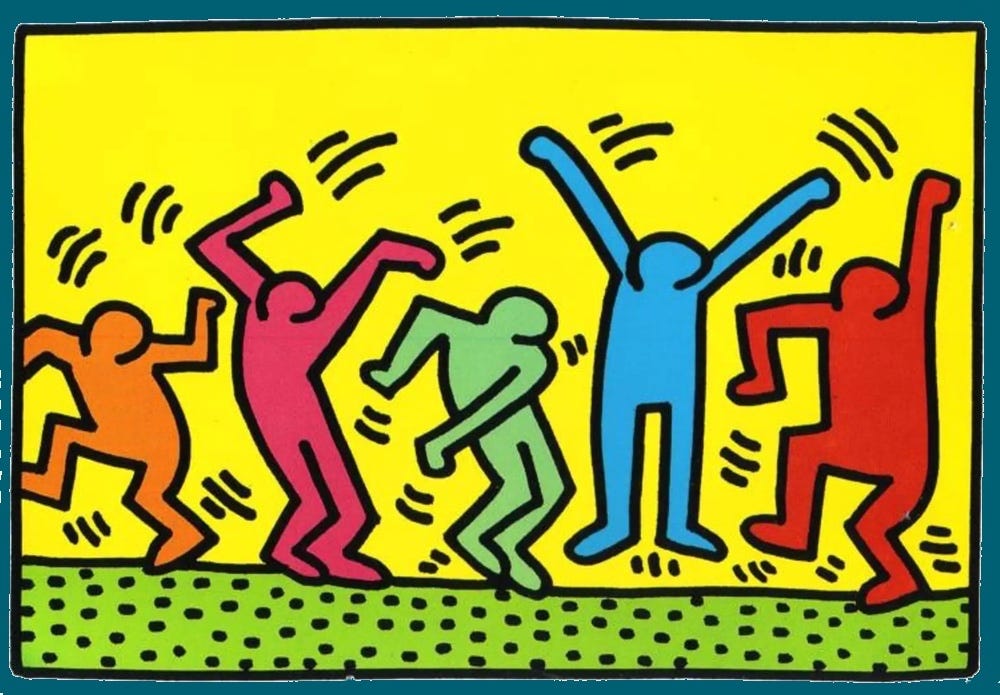

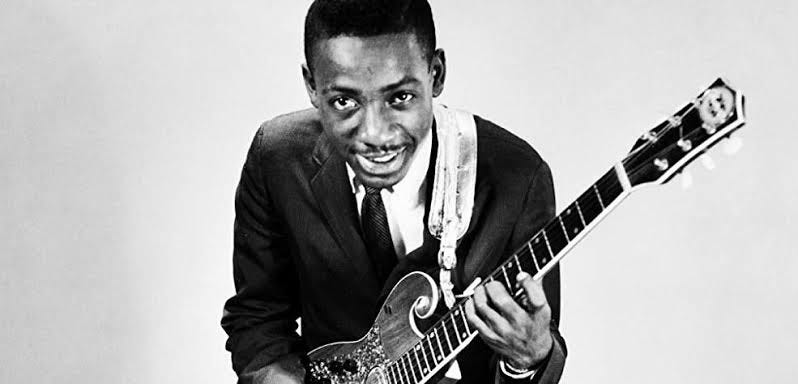

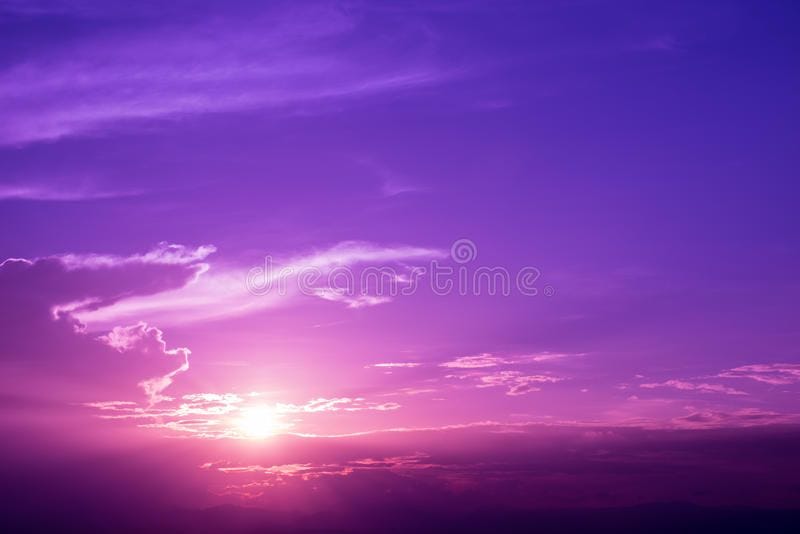



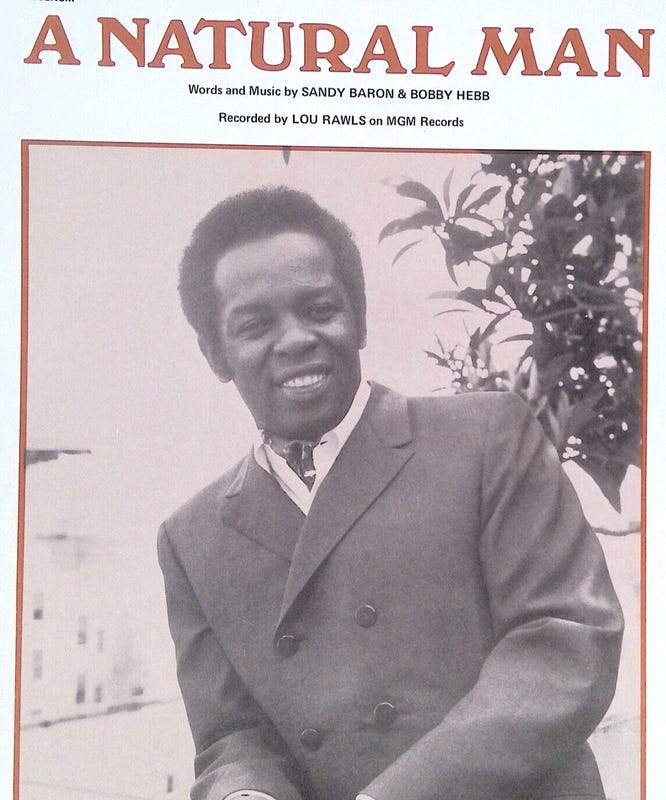


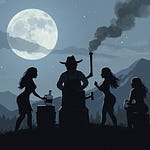
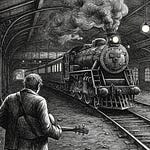
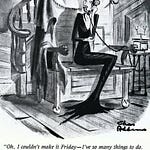




Share this post